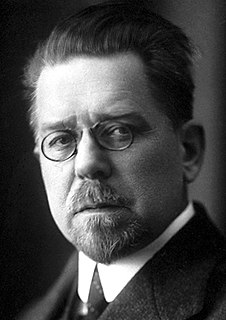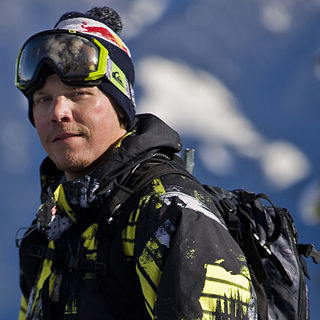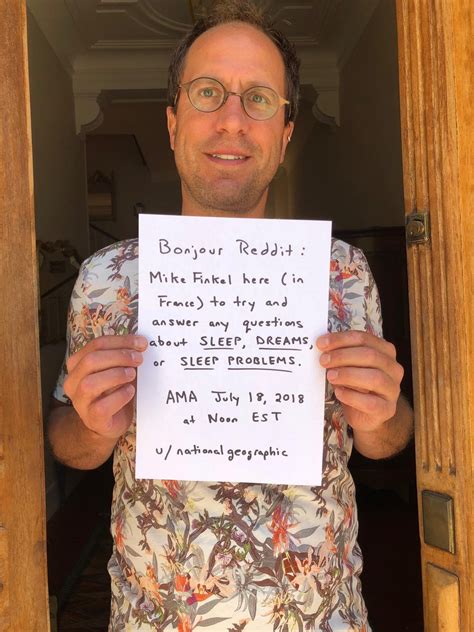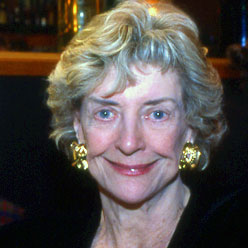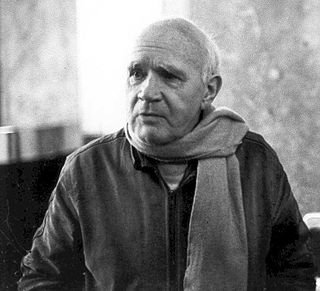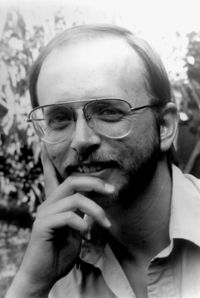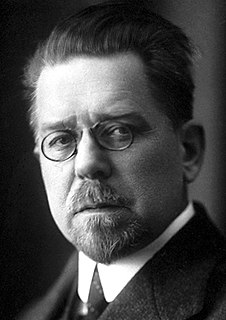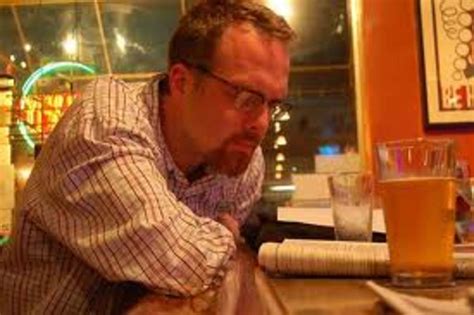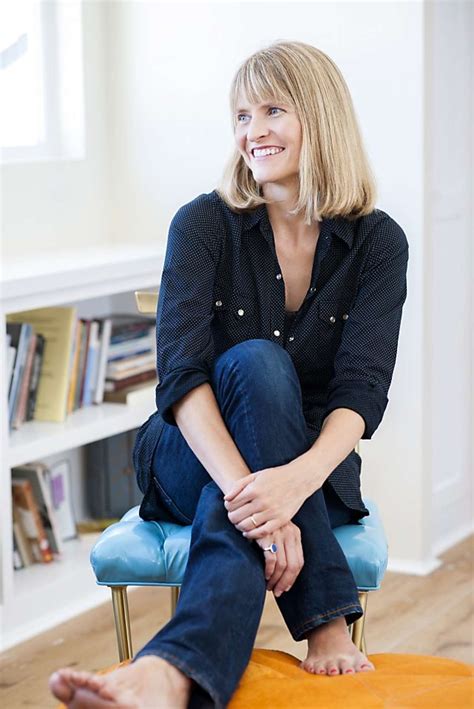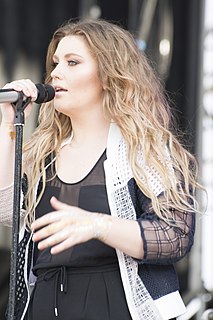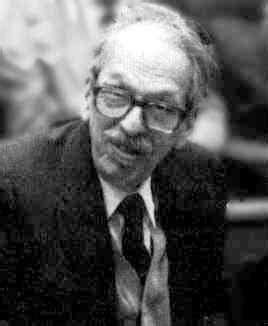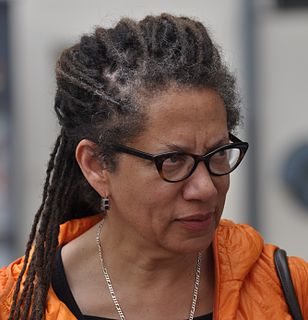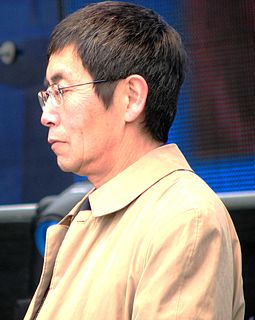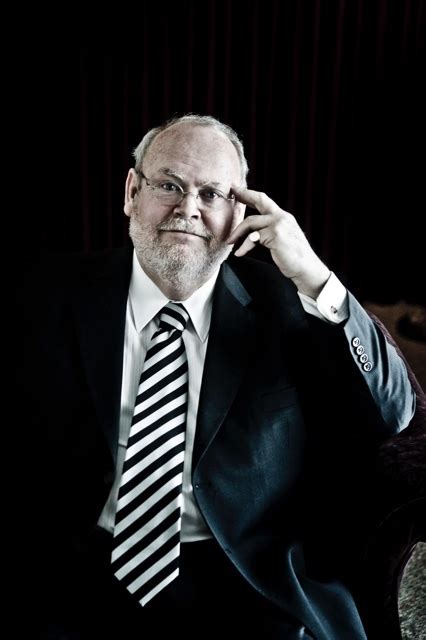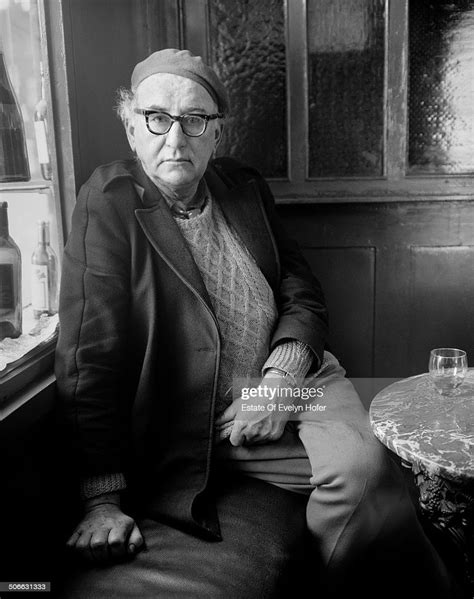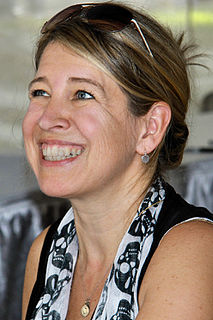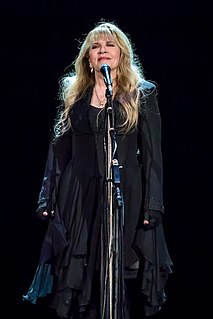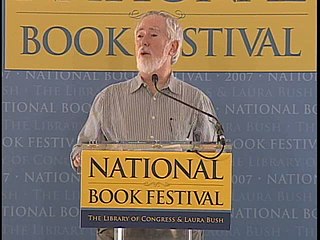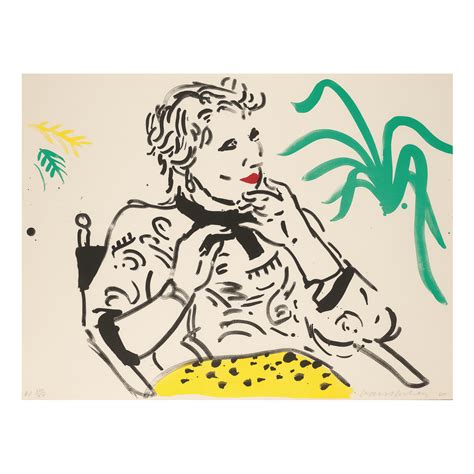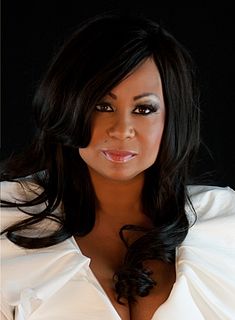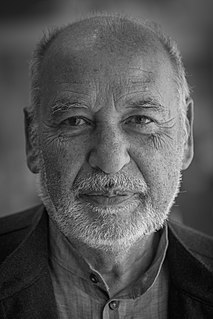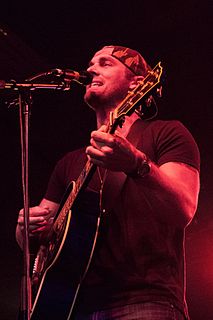Top 1200 Poems Quotes & Sayings - Page 19
Explore popular Poems quotes.
Last updated on December 4, 2024.
Poetry is a lousy form of activism; it doesn't really change much. And maybe we can point to one or two historical times when a poem has started a revolution or a rebellion or an uprising, but it doesn't happen that often, and if you put the number of poems next to the number of political acts, it would be pretty slim.
Seek wisdom in books, rare manuscripts, and cryptic poems if you will, but seek it out also in simple stones, and fragile herbs, and in the cries of wild birds. Listen to the whisperings of the wind and the roar of water if you would discover magic, for it is here that the old secrets are preserved.
You want a poem to unsettle something. There's a deep and interesting kind of troubling that poems do, which is to say, 'This is what you think you're certain of, and I'm going to show you how that's not enough. There's something more that might be even more rewarding if you're willing to let go of what you already know.'
Part of the reason that these attempts at explanation fail, I think, is that photographers, like all artists, choose their medium because it allows them the most fully truthful expression of their vision... as Robert Frost told a person who asked him what one of his poems meant, 'You want me to say it worse?'
I hate Yeats! A lot of his poems are not very good, but some are obviously okay. But how has he become this sort of emblem of literary Irishness when he was this horrible man? He was a huge fan of Mussolini. He was really into fascism. He believed deeply in the idea of a 'noble class' who are superior by birth to the plebs.
There's always been what I would call the William Carlos Williams strain, in which poems of simplicity and clarity are valued by a different community. I was talking to Galway Kinnell one day, and he said that there was an audience for poetry up until about 1920 and then, from that point on, the poets and the critics drifted.



